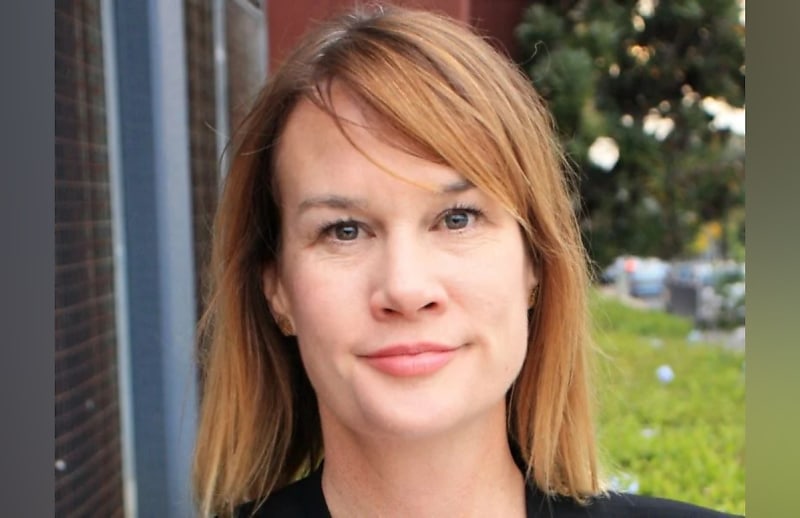University wage theft has reached $159 million and affects 97,000 staff across all of the country’s major tertiary institutions, according to the National Tertiary Education Union.
The NTEU’s latest Wage Theft Report analysed 55 incidents of wage theft across 32 universities, finding a $50 million increase since its report in February.
You’re out of free articles for this month
National president Alison Barnes said the $159 million in stolen wages exposed the “depths of systemic underpayment” in higher education.
“The fact that wage theft is so widespread in Australian universities is a damning indictment of the current governance model,” she said.
Universities in Victoria were the worst offenders, owing $75 million to nearly 50,000 affected workers.
The University of Melbourne single-handedly short-changed 30,425 staff out of $45 million, while university theft in NSW totalled $65 million, including $15 million owed by the University of Sydney and $18 million by the University of Wollongong.
The University of Tasmania also owed $11 million to 3,701 staff.
Underpayment incidents involving Monash University, UNSW, The University of Melbourne, Federation University, Murdoch University, Curtin University, Deakin University and Charles Darwin University also meant the “true higher education wage theft tally will easily exceed $160 million”, the NTEU said.
“On top of this, there are still a number of universities that are yet to undertake audits.”
Ms Barnes said wage theft was driven by the sector’s widespread use of casual staff, with two-thirds of all university workers employed “insecurely” through casual or fixed-term arrangements.
They were less likely to voice concerns about being underpaid or request compensation for hours they worked for free, the report said.
"Wage theft has a devastating impact on the lives of university staff. It can mean struggling to make ends meet, being unable to afford to pay bills, or being forced to take on additional work,” Ms Barnes said.
"If universities are to finally become exemplary employers then we need to end the scourge of casualisation using state and federal powers including funding."
Ms Barnes called for “urgent action” to reform universities’ governance model and to protect casual workers from exploitation ahead of the final report by the Universities Accord panel, which is examining all aspects of the sector.
In September, the government introduced workplace reforms to “close loopholes” that undermine workers’ pay and conditions. The legislation would criminalise intentional wage theft and impose up to 10 years’ imprisonment or fines as high as $7.8 million for guilty employers.
Christine Chen
AUTHOR
Christine Chen is a journalist at Accountants Daily and Accounting Times, the leading sources of news, insight, and educational content for professionals in the accounting sector.
Previously, Christine has written for City Hub, the South Sydney Herald and Honi Soit. She has also produced online content for LegalVision and completed internships at EY and Deloitte.
Christine has a commerce degree from the University of Western Australia and a juris doctor degree from the University of Sydney.

 Login
Login







